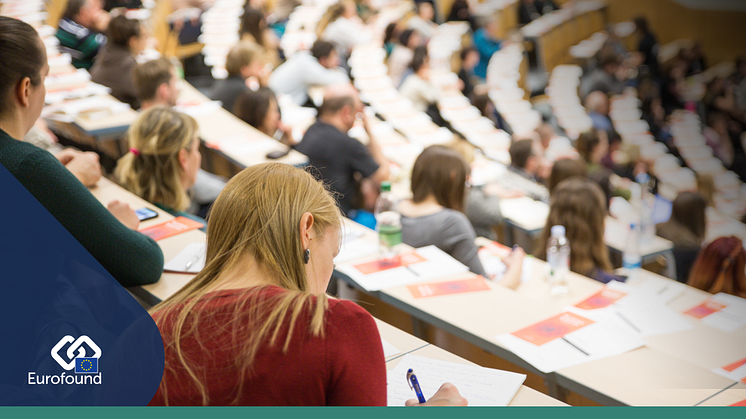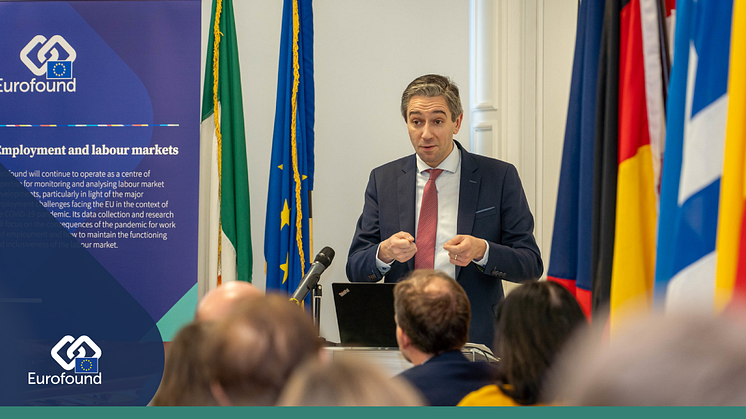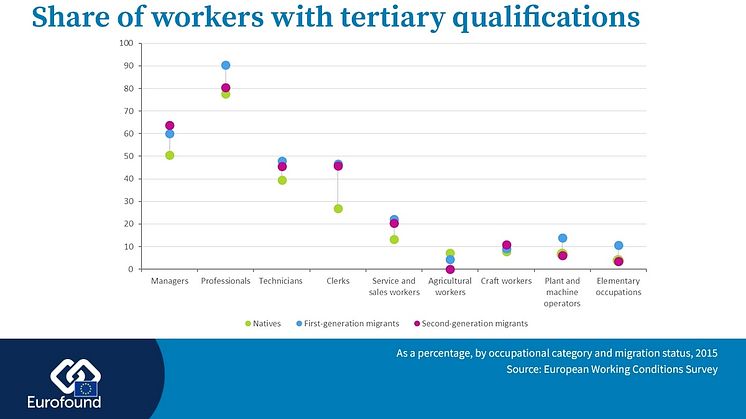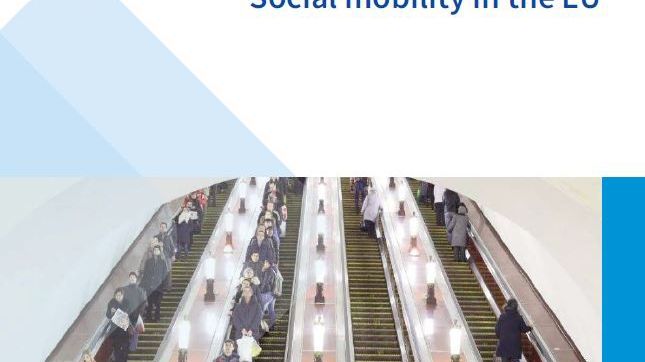Growth in human capital helping to overcome economic divergence in Europe
Human capital - defined as the knowledge, skills and other attributes that enable people to be productive - played a role in EU convergence in respect of national income over 2014–2021. Specifically, highly educated individuals have helped central and eastern EU Member States and regions to catch up with their western counterparts in terms of gross domestic product (GDP) per capita.





